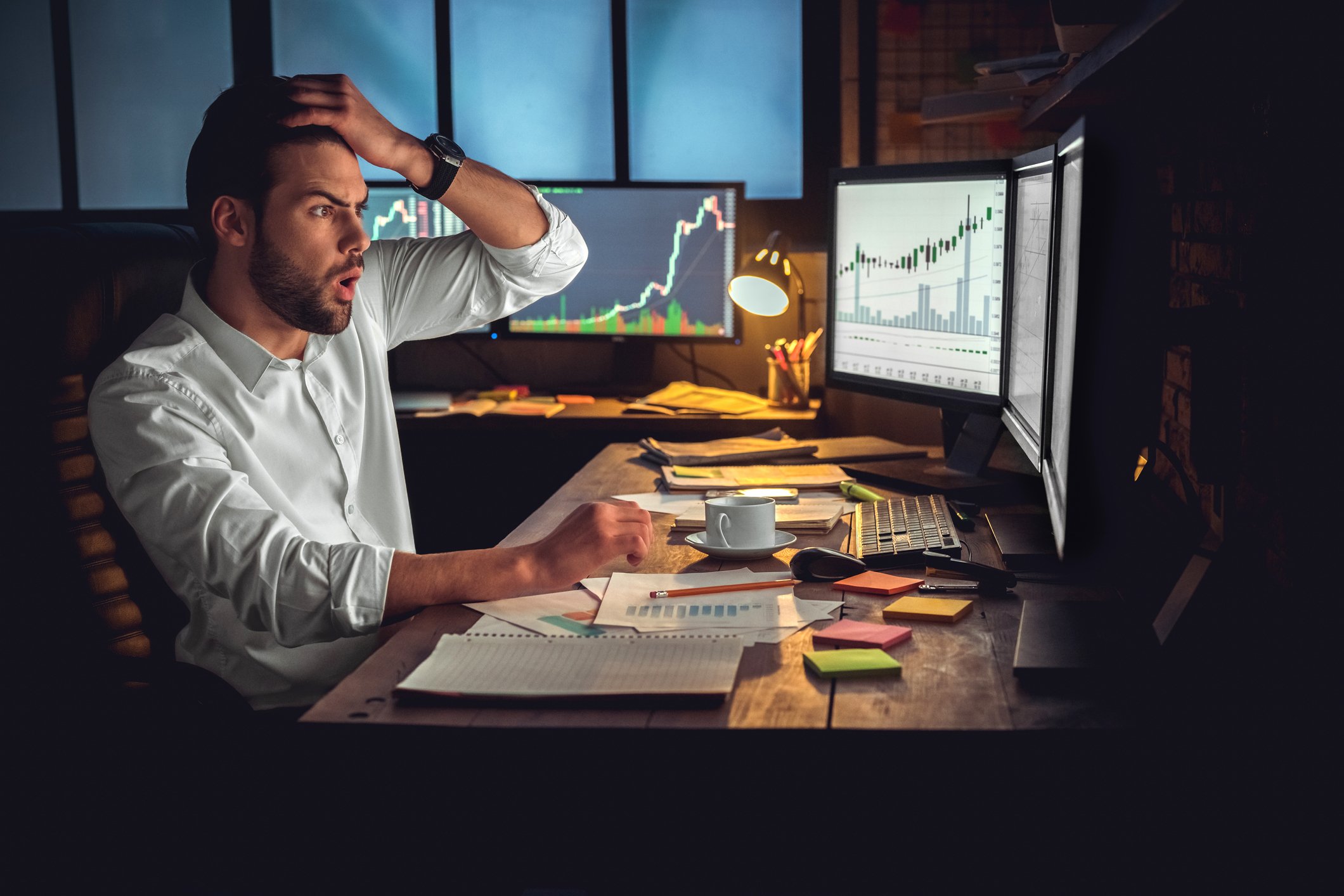Capitalism is brutally competitive. To thrive over the long term, a company must do something special to protect itself from the opposition.
Adobe Systems (ADBE +1.83%), Intuitive Surgical (ISRG +0.41%), and Visa (V +0.19%) all boast enviable track records of success. Each of these businesses is protected by a wide economic moat that shelters it from the forces of capitalism.
All three of these businesses are major components in my portfolio. Here's why I believe that all of them are built to last.

Image source: Getty Images.
Adobe Systems
Photoshop. Illustrator. After Effects. Acrobat. Premiere. Lightroom. Dreamweaver.
If you are a creative professional, then the odds are very good that you are familiar with many -- if not all -- of these products.
Adobe has been the top dog in digital media software for decades. The company's products are often viewed as the industry standard in their category. They're used by millions of consumers, creative professionals, designers, and enterprises around the world.
Learning how to use software can take a long time, so once a user becomes comfortable with a product, they tend to stick with it for years. At the same time, Adobe's brand name has become synonymous with quality software. When combined, these attributes keep Adobe protected from the competition.
A few years ago, Adobe transitioned to a software-as-a-service business model, which helps make its revenue (and profits) far more predictable than ever before. Wall Street has responded to the move by bidding up the share price to new highs. With lots of growth runway left ahead, I could see this trend continuing for many years.
Meanwhile, Adobe has plenty of financial assets to weather the COVID-19 pandemic. With more than $4 billion in cash and equivalents and consistent cash flow coming in (more than $1.2 billion last quarter), there's no doubt in my mind that this company has staying power.
Intuitive Surgical
Intuitive Surgical pioneered the concept of robotic surgery. Its da Vinci system enabled surgeons to perform more than 1.25 million minimally invasive surgical procedures last year.
Intuitive has had this market all to itself for two decades. That has allowed it to build up a global install base of more than 5,600 systems. That's important, as once healthcare providers become trained on how to use the da Vinci, they become resistant to switching. The training and time costs of learning something new are simply too high.
The beauty of Intuitive's model is that it makes most of its money off disposable instruments and accessories, as well as through service contracts. This razor and blade business model is a big reason why the company's revenue and profits have grown like clockwork for years.
While 2020 is going to be a rough year -- Intuitive recently pulled its guidance due to the COVID-19 uncertainty -- surgeries can't be delayed indefinitely. Longer-term, the demand for minimally invasive surgery should only continue to grow, which plays right into Intuitive's hands.
Intuitive's balance sheet is also incredibly impressive. With $5.8 billion in cash and zero long-term debt, there's no doubt Intuitive can easily handle the short-term disruption to its business.
Visa
With more than 3.4 billion credit cards in circulation globally, the odds are extremely high that you are one of Visa's customers.
Visa operates the largest payment processing network in the world. The company acts as a key middleman between consumers, businesses, banks, and governments in more than 200 countries. Last quarter, the company processed about 38 billion total payments, and it earned a small transaction fee for each one. Those small fees add up quickly to billions in revenue.
Visa's vast network and huge scale help it stay protected from the competition. It would be nearly impossible to replicate the company's vast payment network that links millions of consumers, banks, and merchants together from scratch. Visa's brand name is also very strong.
Visa doesn't assume any credit risk, either. The company doesn't loan consumers money; it simply processes payments. This means the company doesn't have to worry about credit quality or defaults.
These factors put Visa in an enviable financial position. What's more, the vast majority of global transactions still take place with cash or check, especially in emerging markets. This provides Visa with an incredible amount of long-term growth potential.
Visa's cash balance as of the end of 2019 stood at $14.4 billion, and it cranked out more than $3.6 billion in free cash flow in the fourth quarter of 2019 alone. This provides the company with plenty of financial firepower to not only weather the COVID-19 storm, but potentially grow stronger by making acquisitions at attractive prices.








